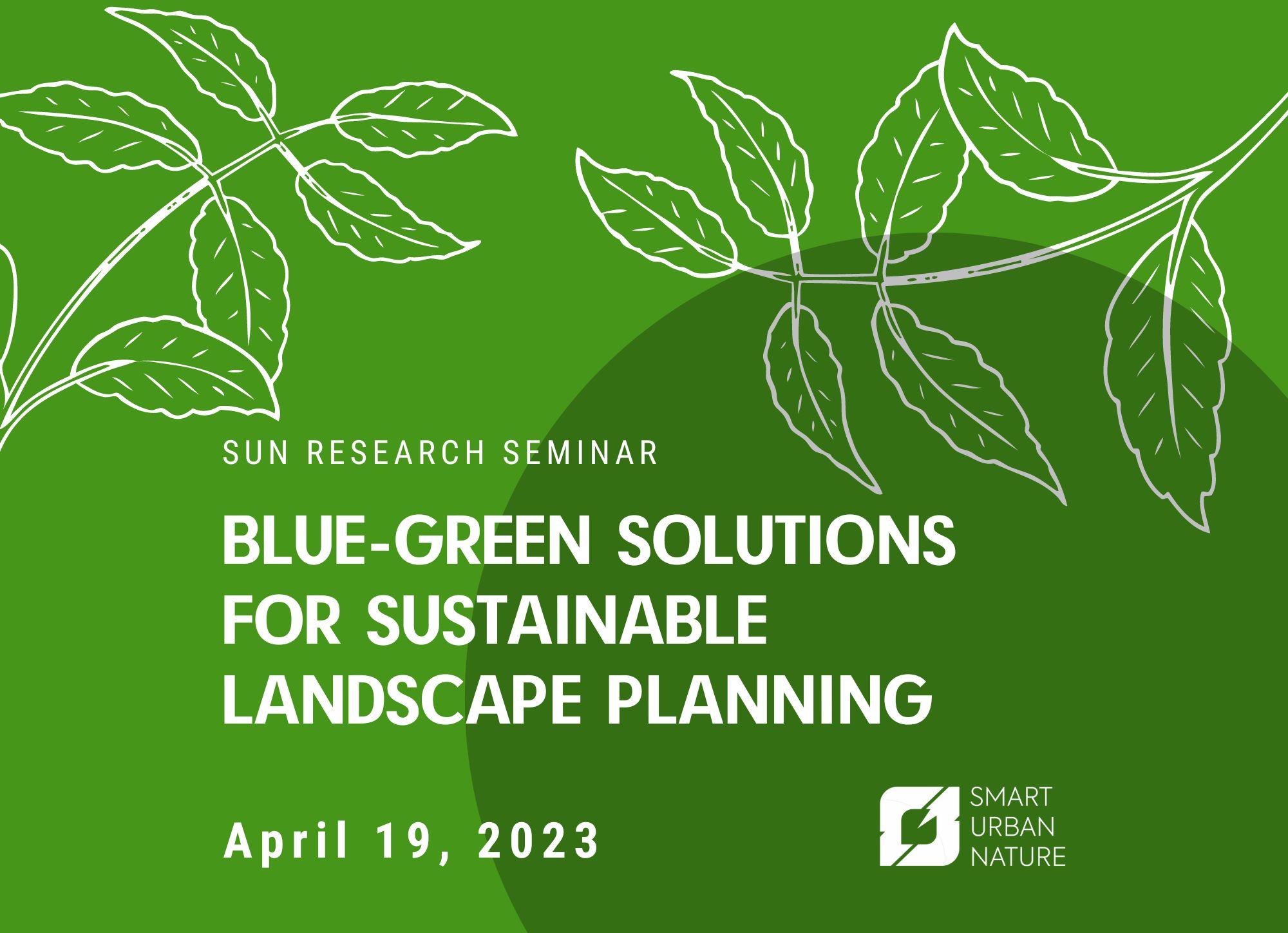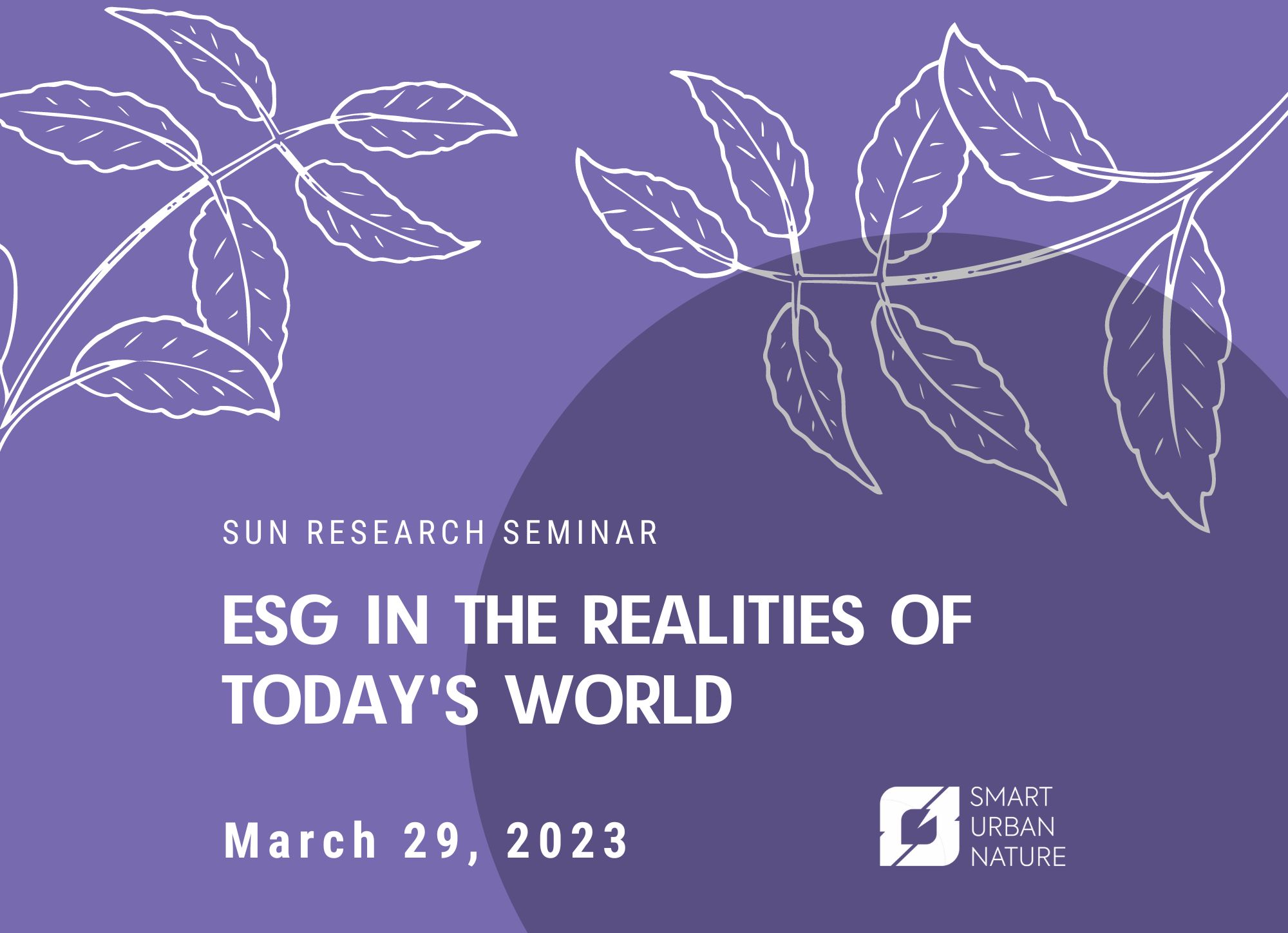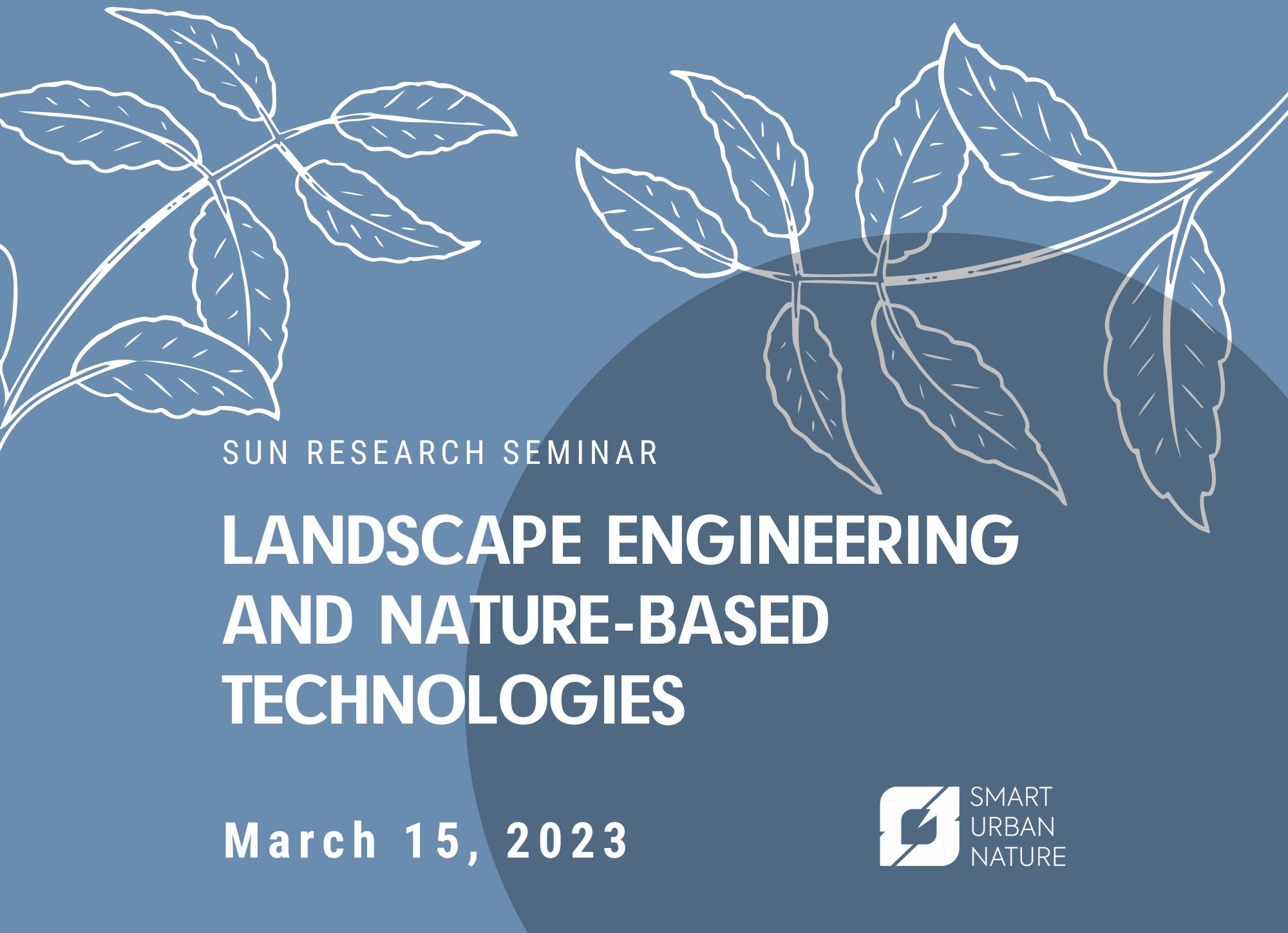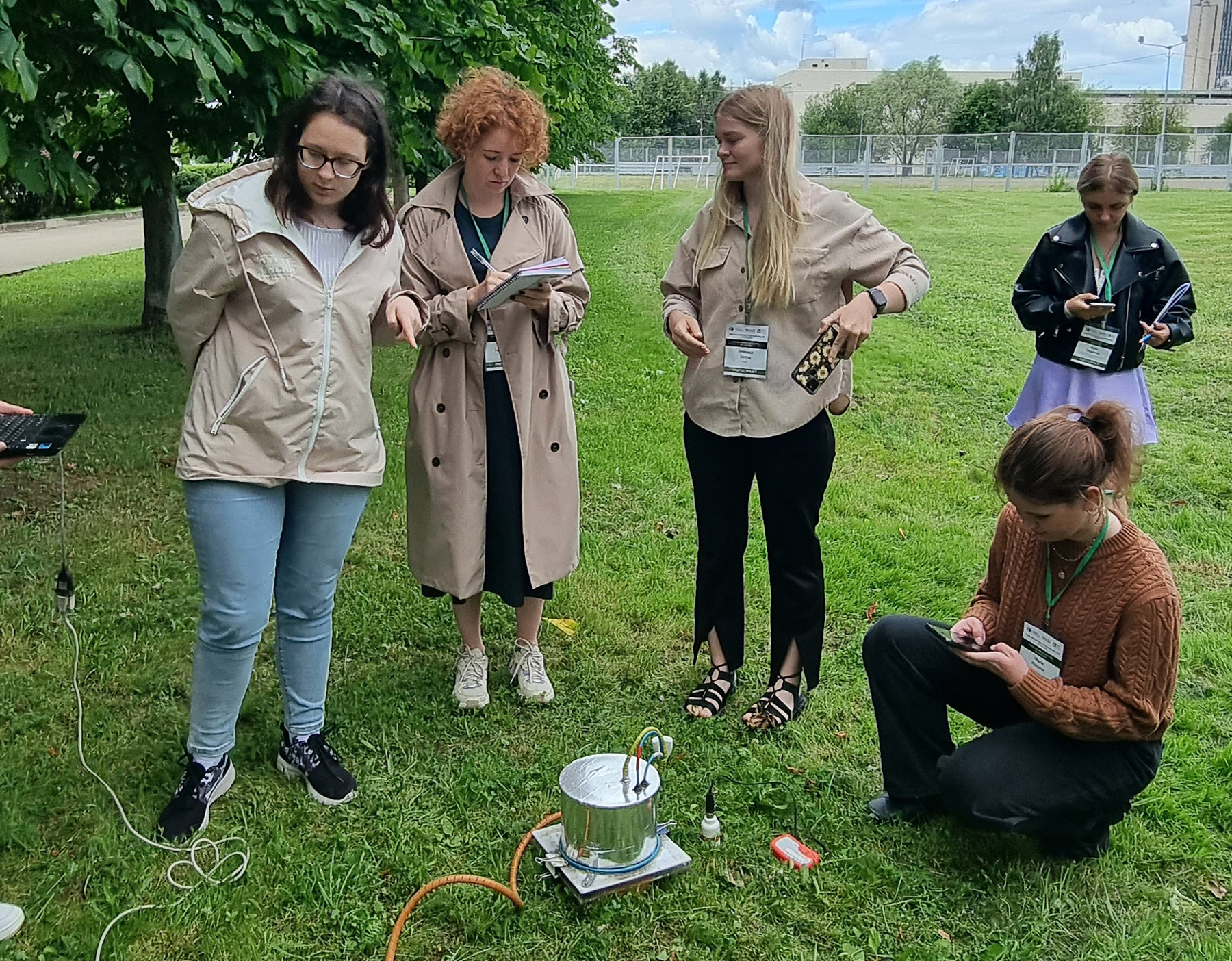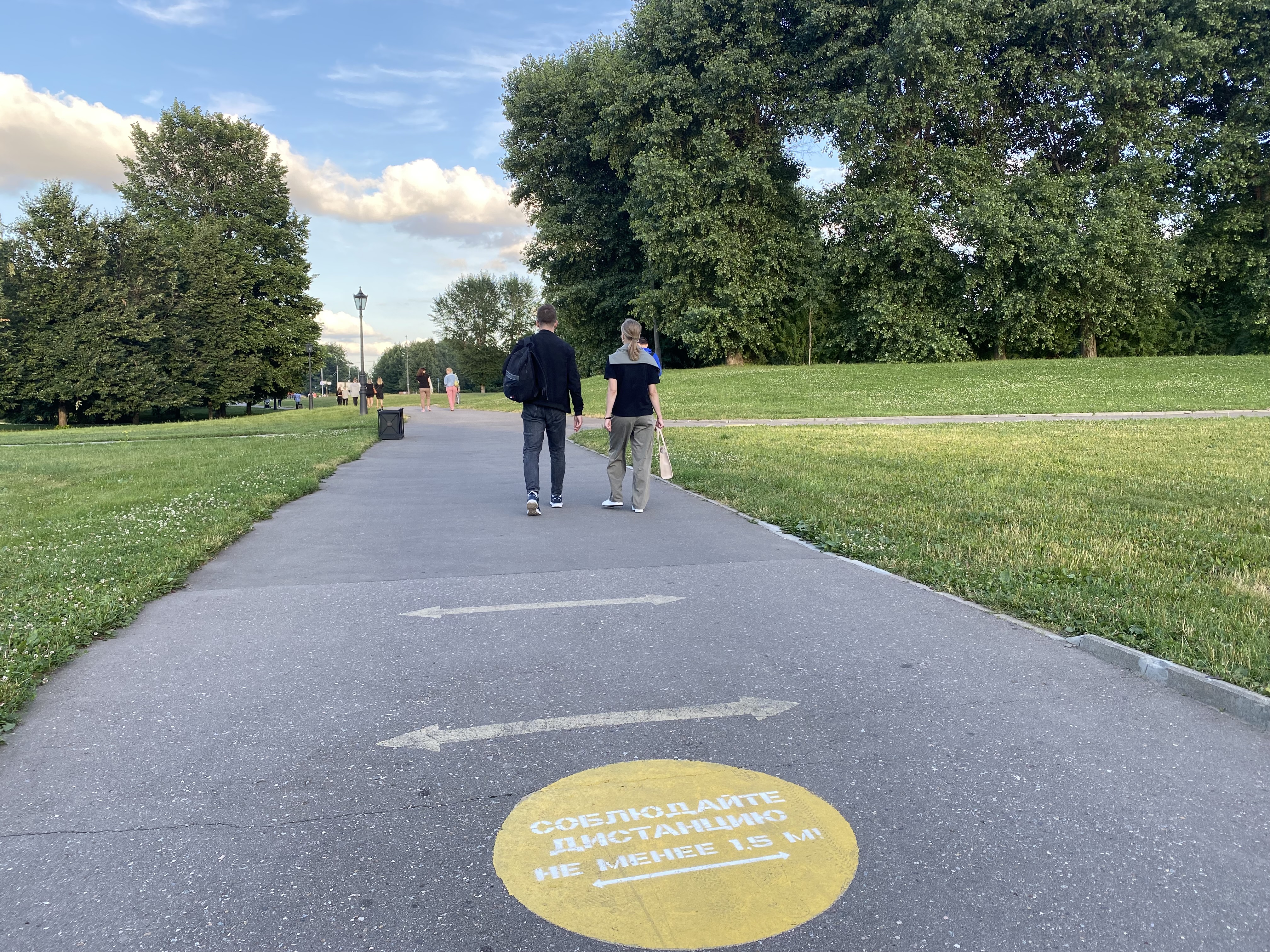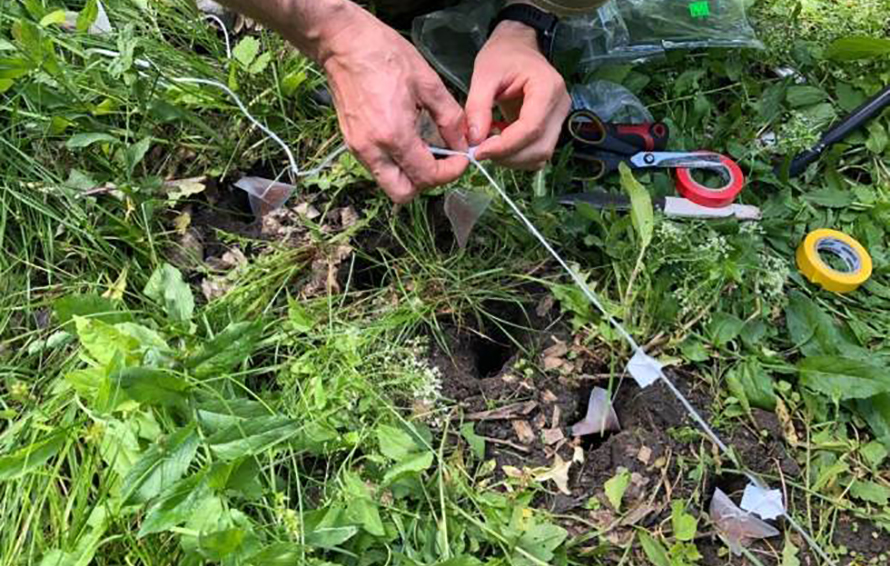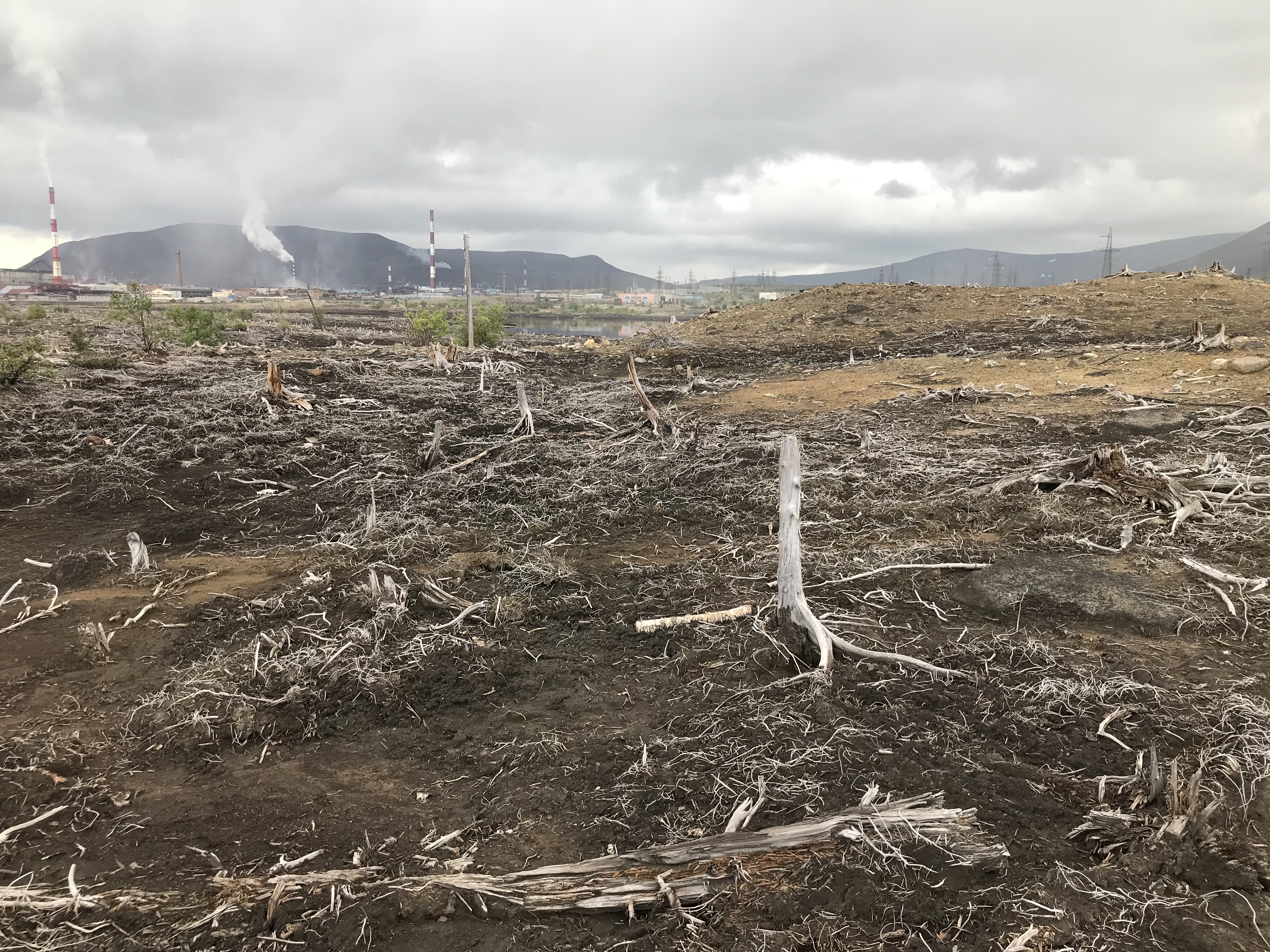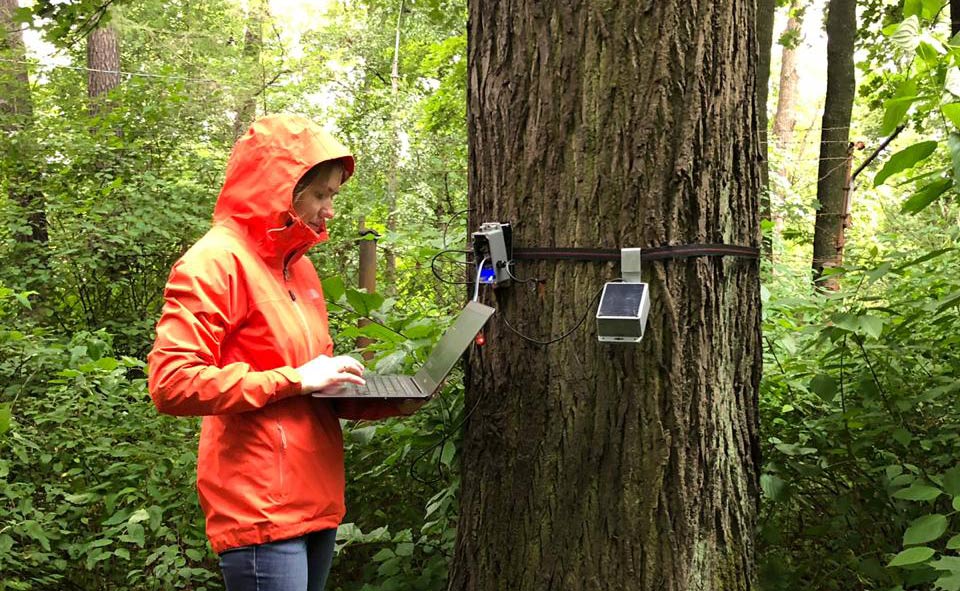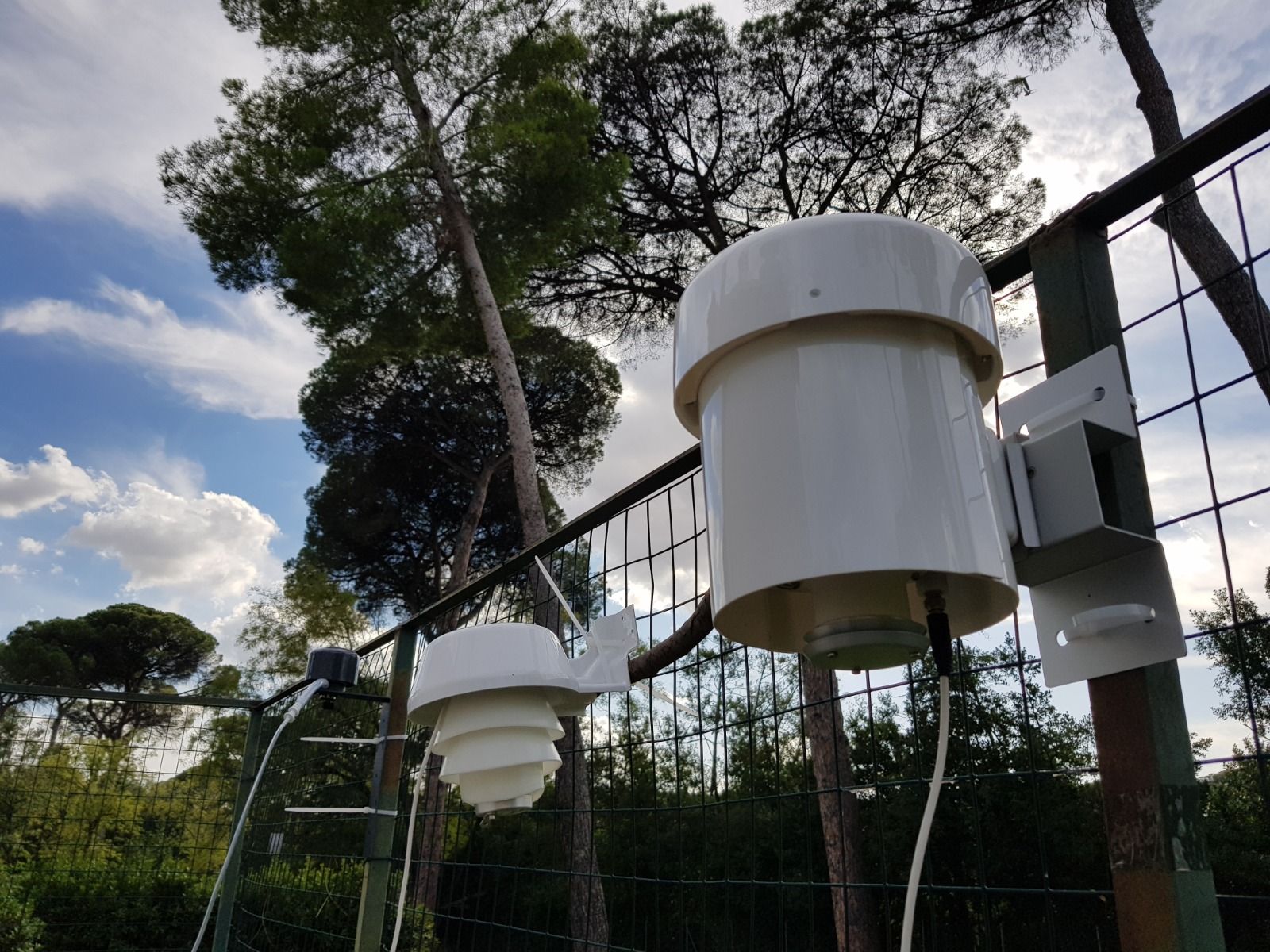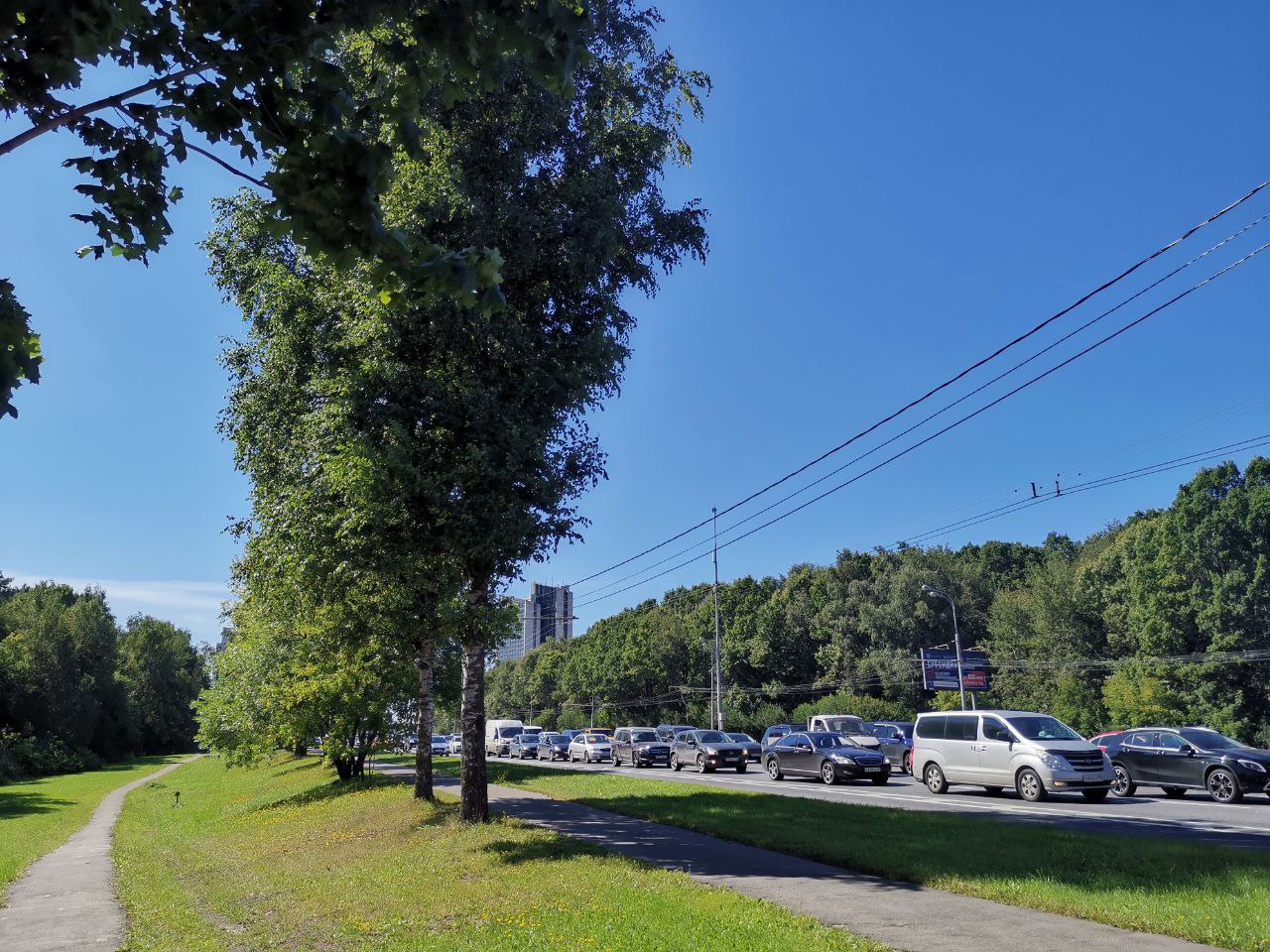International Scientific Seminar of Smart Urban Nature research center
The Research center «Smart technologies for sustainable development of the urban environment in the global change» Agrarian and Technological Institute RUDN University organizes an international scientific seminar «Blue-green solutions for sustainable landscape planning», which will be held on April 19, 2023. The event will take place online on the Microsoft Teams platform.

